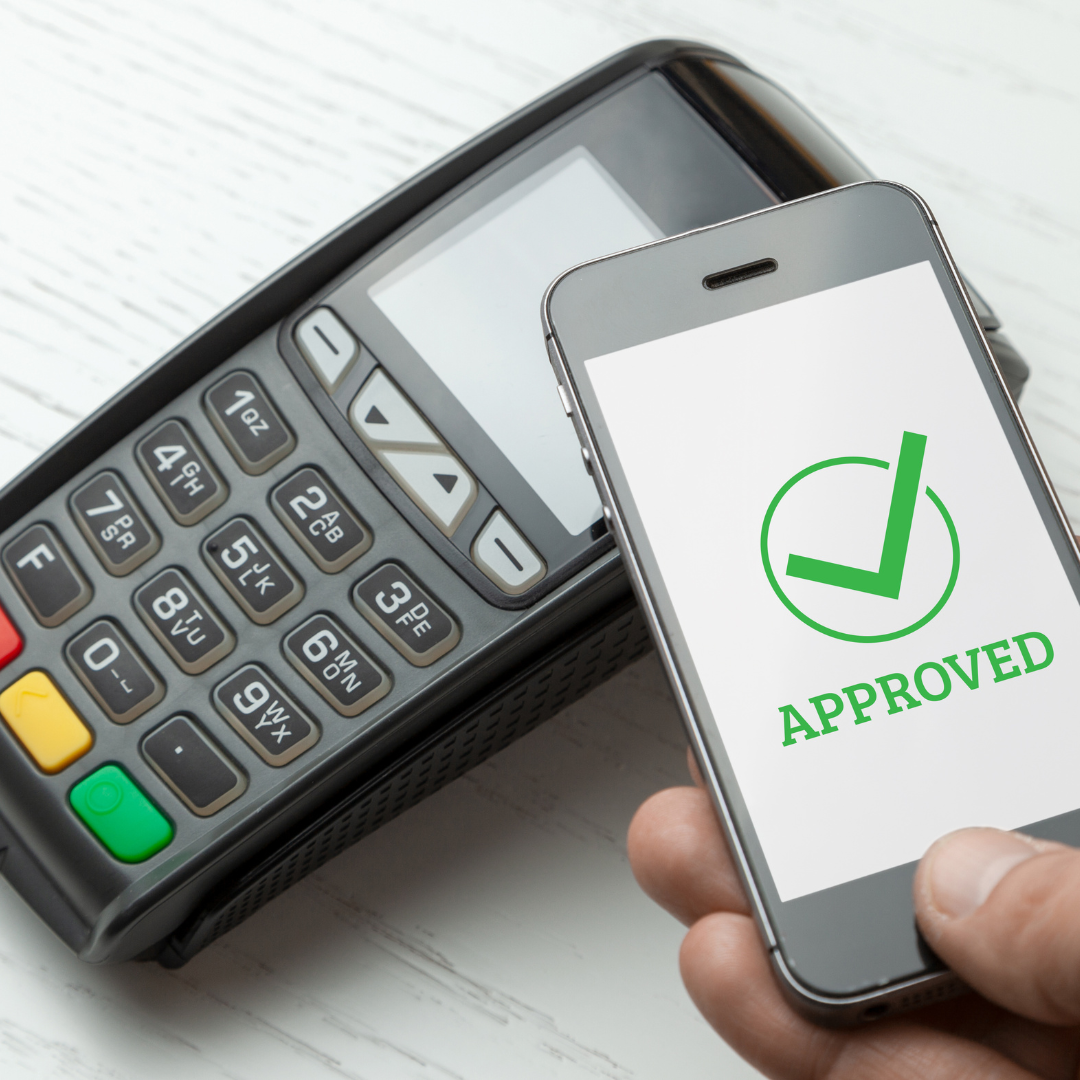Looking for solid advice on getting a merchant account for your business? You are at the right place, and it will only take one minute to get the key details you need. After those details, we are going to cover these topics as well:
- How to set up a merchant account for small businesses
- Understanding merchant account fees and agreements
So let’s get into it so you can make the best decision possible.
*A merchant account is a third-party financial account that allows businesses to accept credit/debit card and other electronic payments.
5 Merchant Account Essentials For New Business Owners
#1 Open business bank account: Mandatory for merchant accounts (*personal bank account will work for a sole proprietorship).
#2 Get business license: Ensure you have the proper business license for your small business.
#3 Gather your information: Business name, contact information, tax details, and business bank account routing/account numbers.
#4 Compare providers: Research various providers to compare features, pricing, and contract terms (more on this coming up).
#5 Complete application: Provide information such as your tax ID, bank account details, estimated sales volume, etc., then await approval.
Those are the essentials. But it would be nice to boost your odds of getting approved, right? We have you covered…
Getting Approved For A Merchant Account— Best Practices
- A good credit score provides a sense of security to banks (banks are integral to approval).
- Have documents on hand for proof of business details (such as sales volume for existing businesses).
- Triple-check your application for accuracy, and don’t leave out vital information.
- Work with a reputable payment provider with verifiable quality customer service.
Now, if you have researched already, you may have noticed some merchant services providers let you skip the application process. They may promote it as “instant approval” or “auto-approval.” Typically, these providers do not offer robust payment solutions.
Worse? Without a real approval process, they could decide to shut your merchant account down after a closer look – after you’ve already begun operations! As you can imagine, this is even worse than being turned down initially.
Now you have the basics and proven ways to increase your success rate when applying, so let’s take a granular look at two points we mentioned for how to set up a merchant account for a small business.
How To Set Up A Merchant Account For Small Businesses
Getting a business license is not always a speedy process. Some states and municipalities are slower than others, so the quicker you apply for the business license, the better.
A brutal example of delays was reported recently, where the average wait time was over 11 months.
*Avoid Delays Tip: Some local governments offer an expedited business license process. You likely have to pay extra to jump ahead in line, but it could be worth the cost.
What about the rush to find a good merchant services provider? The best advice is to not rush. If you choose poorly, you could pay a hefty cost for the entire length of the contract. So make sure you understand the fee structure and all costs involved.
If a sales rep tries to rush your decision or they are vague about any aspects of the pricing, be wary!
You don’t have to settle for a payment processor that hides fees and only cares about getting you to sign on the dotted line. There are trusted merchant services companies that are looking for a mutually beneficial partnership with your business.
National Processing is a partner you can depend on for full transparency (see our reviews).
Deeper Dive On Getting Successfully Approved
We will note a couple of additional ways to prove trustworthy to a provider besides a great credit score. First, though, let’s look at legitimate ways to improve your credit score.
- Check for errors on your credit report
- Pay down balances or ask for credit limit increases
- Keep old accounts open
- Investopedia advises credit utilization of 30% or less
- Adding rent payment history to your credit report is possible, according to Experian
Beware of credit repair companies promising to “fix” your credit score in no time. These promises are often broken, according to consumer advocates.
Other ways to help show merchant services companies your business should be approved? Maintaining a separate business banking account used only for that particular business, transparent business information, and proof of good standing with your prior merchant account provider.
Remember, though, trust works both ways.
Understanding Merchant Account Fees And Agreements
It’s not only about partnering with a provider that wants to do business with you. You must ensure the provider offers fair fees and agreements that are 100% clear.
The merchant services industry is full of shameful stories of business owners being taken advantage of with confusing contracts, incomprehensible fee structures, and “customer no-service.”
The best thing you can do is find an honest sales rep who you know is being fully transparent about all fees and your options.
Yes, all payment processors charge fees to businesses. But a quality processor will clearly explain options available that can potentially save you huge amounts of money— especially over several years.
Processing fees to take note of:
- Monthly fees
- Per transaction fees
- Equipment costs
- Early termination fees
Ok, you should be super-prepared to find the perfect merchant account provider for your new or existing business. Don’t settle for less— your business deserves the best. Look below for three bonus questions and answers to help you even more. Thanks for reading.
FAQ Merchant Accounts
What Hidden Benefits Of Merchant Accounts Do New Business Owners Overlook?
Sales reporting and marketing insights. Big brands know the importance of these features, but new businesses may miss out due to being unaware of the possibilities.
What Is The Typical Length Of A Merchant Account Contract?
Can range from one to five years, but month-to-month is also a possibility. A business owner may have leverage on rates and length of contract if they have high sales volume. The individual sales rep can also be bargained with – so ask that individual to be flexible.
What Types Of Businesses Don’t Need A Merchant Account?
Shockingly, some businesses still only accept cash, though these are rare, as even vending machines and laundromats often accept credit and debit cards now.





